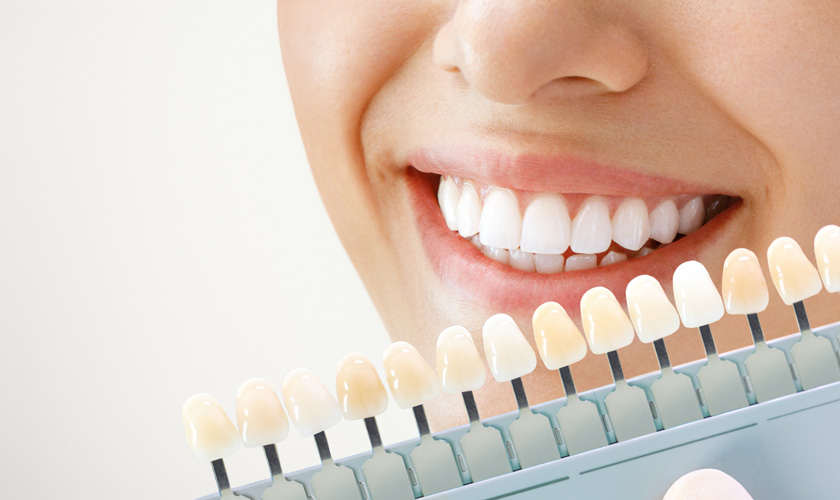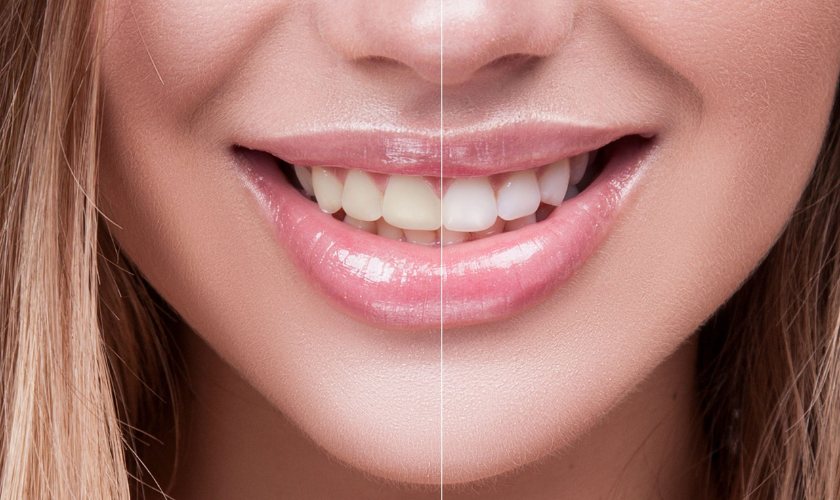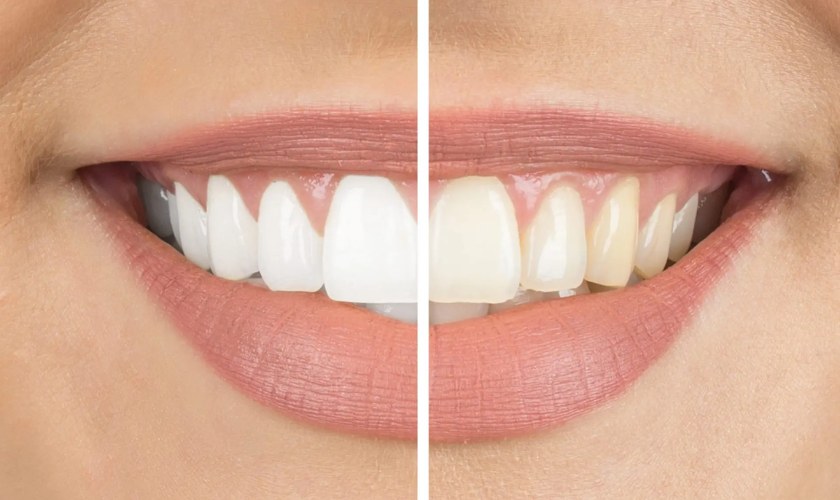717 Newfield St. Middletown, CT 06457


Last Updated: April 27, 2025
Medically Reviewed By:
Dr. John Pavlakis, Cosmetic Dentist
Achieving a brighter smile doesn’t have to come with pain and discomfort. Many people with tooth sensitivity avoid whitening treatments altogether, fearing the sharp, shooting discomfort that often accompanies traditional bleaching methods. The good news is that you can still achieve a whiter, more radiant smile without aggravating your sensitive teeth.
At Advanced Family & Cosmetic Dentistry, we understand that tooth sensitivity can make whitening seem like an impossible dream. Our team of dental professionals specializes in providing gentle yet effective whitening options for patients with sensitive teeth. With our comprehensive approach to dental care, we can help you achieve the brighter smile you desire while keeping your comfort our top priority.
Understanding Tooth Sensitivity and Whitening
Tooth sensitivity occurs when the protective layer of enamel becomes thin, exposing the underlying dentin and the microscopic tubules that connect to the nerve. Traditional whitening methods, especially those with high concentrations of peroxide, can penetrate these tubules and irritate the nerve, causing that characteristic sharp pain.
Common causes of tooth sensitivity include:
- Worn enamel from aggressive brushing
- Gum recession exposing root surfaces
- Cracked teeth or worn fillings
- An acidic diet that erodes enamel
- Recent dental procedures
Before beginning any whitening regimen, it’s important to address the underlying causes of your sensitivity. In some cases, treating these issues first can make whitening more comfortable and effective.
Gentle Whitening Options for Sensitive Teeth
Several whitening methods are specifically designed for those with sensitive teeth. These approaches focus on gradually whitening teeth while minimizing discomfort.
Low-Concentration Professional Products
Professional whitening systems with lower concentrations of peroxide can still provide excellent results while being gentler on sensitive teeth. These products often contain desensitizing ingredients like potassium nitrate or fluoride that help reduce discomfort during and after treatment.
Professional take-home whitening trays are particularly effective for sensitive teeth because they allow for customized treatment. Your custom-fitted trays ensure the whitening gel contacts your teeth evenly while minimizing exposure to gums and sensitive areas.
Desensitizing Pre-Treatments
Using desensitizing toothpaste for two weeks before whitening can significantly reduce discomfort. These products work by either blocking the tubules in the dentin or by numbing the nerve endings in the tooth.
Many professional whitening systems also include pre-treatment desensitizing gels that prepare your teeth for the whitening process. When used as directed, these products can make the whitening experience much more comfortable.
At-Home Care for Sensitive Teeth During Whitening
Proper at-home care can dramatically improve your whitening experience if you have sensitive teeth.
Gradual Approach
With sensitive teeth, a slower approach to whitening is usually more comfortable and effective. Rather than attempting to achieve dramatic results in a single session, plan for a more gradual whitening process:
- Use whitening products for shorter periods than the maximum recommended time
- Allow recovery days between whitening sessions
- Extend your overall whitening timeline to achieve the same results with less sensitivity
Supportive Products
Incorporating supportive products into your daily routine can help manage sensitivity during the whitening process:
- Use toothpaste formulated for sensitive teeth daily
- Apply desensitizing gel before and after whitening sessions
- Rinse with fluoride mouthwash to strengthen enamel
- Consider calcium supplements if recommended by your dentist
When to Seek Professional Help
While many at-home whitening options can be effective, professional treatment offers significant advantages for those with sensitive teeth.
Professional whitening allows for:
- Customized treatment plans based on your specific sensitivity levels
- Higher-quality desensitizing agents than what is available over the counter
- Immediate intervention if sensitivity becomes too uncomfortable
- Monitoring of overall dental health throughout the whitening process
If you experience persistent or severe sensitivity during whitening, it’s important to pause the treatment and consult with a dental professional. Continuing to whiten despite pain can lead to further sensitivity or damage.
Whitening Alternatives for Extremely Sensitive Teeth
For those with extremely sensitive teeth, traditional whitening methods may not be the best option. Fortunately, several alternatives can still improve the appearance of your smile:
Bonding and Veneers
Dental bonding or veneers can cover discolored teeth without the need for bleaching agents. These treatments not only improve the color of your teeth but can also correct other cosmetic concerns like chips or gaps.
Professional Cleaning
Sometimes, a professional dental cleaning can remove surface stains and significantly brighten your smile without chemical whiteners. This is particularly effective for stains caused by coffee, tea, or tobacco.
Choose Advanced Family & Cosmetic Dentistry for Your Whitening Needs
At Advanced Family & Cosmetic Dentistry, we take pride in our old-school values with new-school results. Our team has extensive experience helping patients with sensitive teeth achieve the brighter smiles they desire without unnecessary discomfort. We take the time to understand your specific sensitivity concerns and develop a customized whitening plan that prioritizes both your comfort and your aesthetic goals.
Ready to explore comfortable whitening options for your sensitive teeth? Contact our office today at (860) 347-1227 to schedule a consultation and discover how we can help you achieve a brighter smile without the pain.






